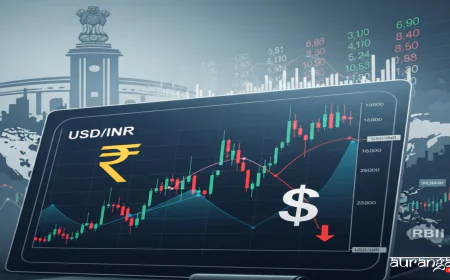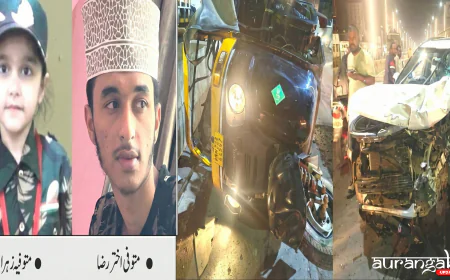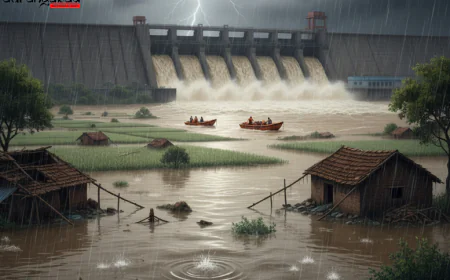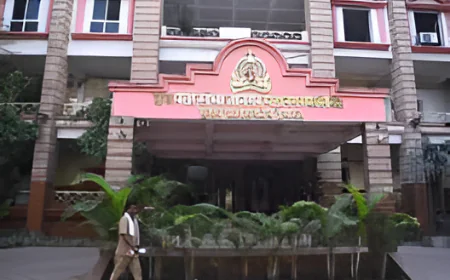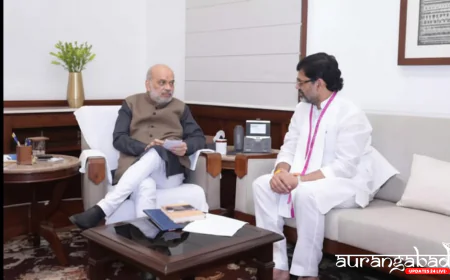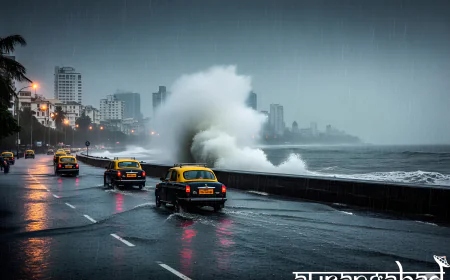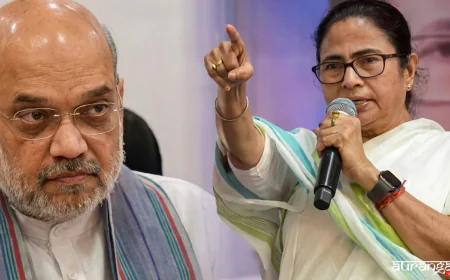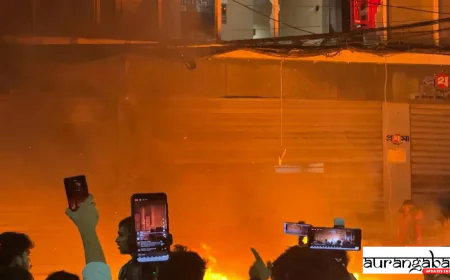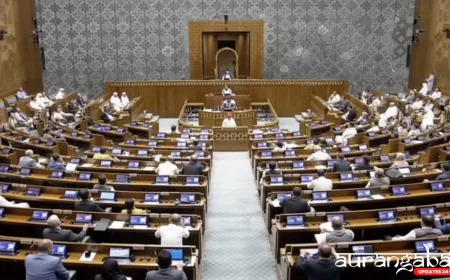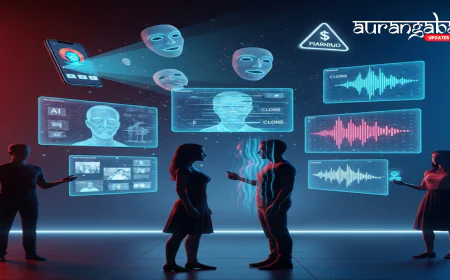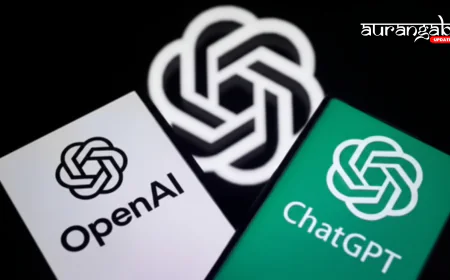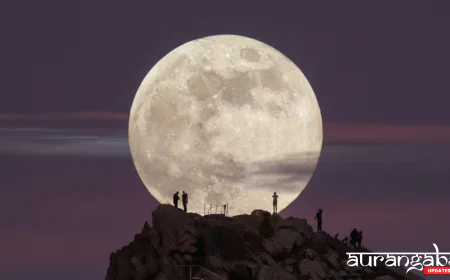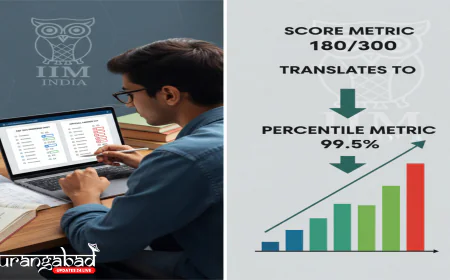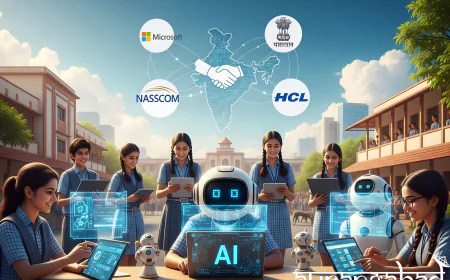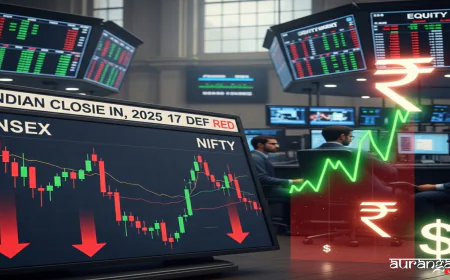India Continues Blocking Pakistani Celeb Social Media Accounts
Indian government maintains ban on Pakistani celebrity social media accounts following "anti-India content" allegations and the Pahalgam terror attack, despite brief unblocking glitches.
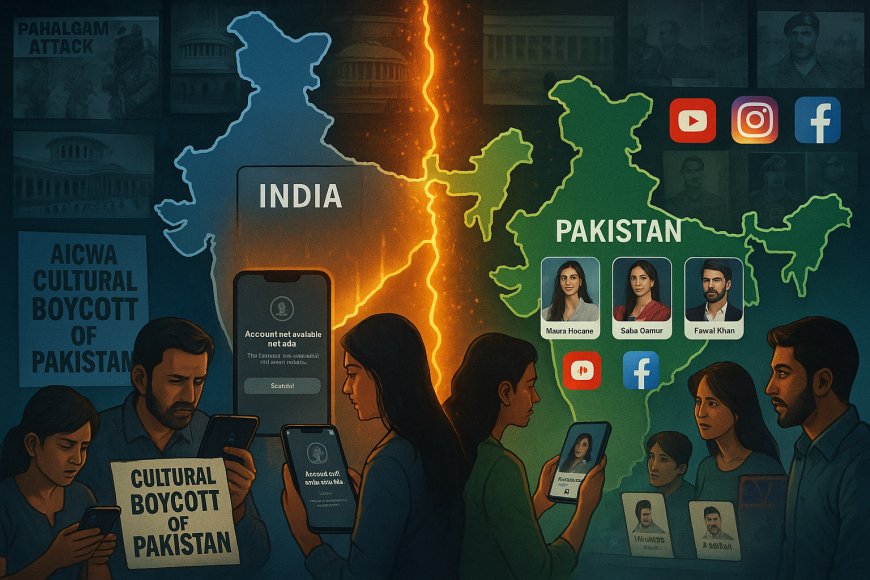
India Maintains Digital Curbs: Pakistani Celebrity Social Media Accounts Remain Blocked Amidst Geopolitical Tensions
NEW DELHI, India – In a continuing reflection of heightened geopolitical sensitivities, social media accounts belonging to several prominent Pakistani celebrities largely remain blocked for users in India. This digital blockade, primarily affecting platforms like Instagram, follows explicit directives from the Indian government, underscoring a complex interplay between national security concerns, allegations of hostile content, and cross-border cultural exchange. While a brief and widely reported technical glitch on Wednesday saw a temporary lifting of these restrictions for some accounts, the access was swiftly curtailed by Thursday morning, reaffirming the prevailing policy of digital disengagement.
The recent fluctuation in accessibility sparked considerable public and media attention. On Wednesday, users across India observed that Instagram profiles of popular Pakistani actors, including Mawra Hocane, Saba Qamar, Ahad Raza Mir, Yumna Zaidi, and Danish Taimoor, had momentarily become viewable. This unexpected development fueled speculation about a potential shift in policy or a subtle thaw in the otherwise frosty digital relations between the two nations. However, the respite was short-lived. By Thursday, these accounts once again displayed the familiar message: "Account not available in India. This is because we complied with a legal request to restrict this content." This consistent notification underscores that the social media platforms are acting in compliance with official government mandates. While this digital iron curtain largely descends on Instagram profiles of actors, it's notable that some other Pakistani digital presences, such as the YouTube channels of cricketers Shahid Afridi and Shoaib Akhtar, and entertainment networks like Green TV, Hum TV, ARY Digital, and Har Pal Geo, have at times remained accessible, or were temporarily restored before some were blocked again, revealing a nuanced and sometimes inconsistent application of the digital restrictions. Crucially, high-profile figures like Fawad Khan, Mahira Khan, and Hania Aamir have reportedly remained inaccessible to Indian users on Instagram throughout these periods of flux, indicating a targeted and steadfast approach against certain prominent personalities.
The rationale behind these stringent digital measures, as articulated by the Indian government, is rooted in concerns over alleged "anti-India content and misinformation." This policy gained significant momentum following the heinous terror attack in Pahalgam, Kashmir, in April 2025, which tragically claimed the lives of 26 civilians, predominantly Hindu tourists. The attack, claimed by The Resistance Front, a shadow group of the Pakistan-based Lashkar-e-Taiba (LeT) terror outfit, triggered a robust response from the Indian government. This response included the launch of "Operation Sindoor" on May 7, a comprehensive strategy to address the fallout from the attack. Prior to this, in April, India had already taken action by banning 16 specific Pakistani YouTube channels found to be disseminating provocative, communally sensitive content and false information targeting India, its armed forces, and security agencies. These significant actions, taken upon recommendations from the Ministry of Home Affairs (MHA), highlight the government's perception of a direct link between certain online narratives originating from Pakistan and threats to India's national security, foreign relations, and public order. The legal framework underpinning such directives is primarily drawn from provisions within the Information Technology (Intermediary Guidelines and Digital Media Ethics Code) Rules, 2021, and implicitly, Section 69A of the IT Act. Section 69A grants the Central Government the authority to issue directions for blocking public access to information through any computer resource if it deems it necessary in the interest of India's sovereignty, integrity, defense, security of the State, friendly relations with foreign States, or public order. This legal provision is critical as it provides the statutory backing for platforms to comply with blocking orders.
The intermittent accessibility and subsequent re-blocking have ignited strong reactions from various stakeholders, particularly from within India's entertainment industry. The All Indian Cine Workers Association (AICWA) has been particularly vocal, condemning the brief unblocking as an "insult" to the sacrifices of martyred soldiers and an "emotional assault" on every Indian affected by terrorism. The AICWA has vehemently renewed its long-standing demand for a complete and permanent cultural and digital boycott of Pakistan, including a ban on collaborations with Pakistani artists and media entities. Citing numerous terror attacks, including the 26/11 Mumbai attacks, Pulwama, Uri, and the recent Pahalgam tragedy, the association has unequivocally labeled Pakistan a "terrorist nation" and called for a total severance of cultural ties. Their argument posits that cutting off digital and cultural engagement with Pakistan would not inflict significant harm on India's vast economy or its thriving entertainment industry, given India's extensive diplomatic and cultural ties with nearly 200 other nations.
Beyond the immediate political and security implications, these digital restrictions significantly impact the broader landscape of cultural exchange and people-to-people connections between India and Pakistan. For years, despite political hostilities, art, music, and drama have often served as informal bridges, fostering understanding and shared appreciation. The current bans disrupt this flow, raising questions about the fairness of broadly penalizing artists who may not have engaged in political commentary. While official channels are blocked, the resilience of cultural interaction is evident in the continued accessibility of some Pakistani entertainment channels on platforms like YouTube, and the ongoing international collaborations that bypass direct bilateral restrictions. This creates a selective censorship environment, where certain forms of content flow while others are strictly controlled, leading to debates about the consistency and efficacy of the policy. Some judicial perspectives, such as that from the Bombay High Court in October 2023, have even characterized petitions seeking to bar Indian citizens from engaging with Pakistani artists as a "retrograde step," emphasizing that art and culture inherently transcend national boundaries and can promote peace.
The situation encapsulates a complex dilemma between safeguarding national security and upholding principles of digital freedom and access to information. While governments assert their prerogative to regulate content deemed harmful to national interests, critics often raise concerns about the potential for overreach, lack of transparency in blocking orders, and the implications for freedom of expression. The role of social media intermediaries, caught between compliance with national laws and global principles remains pivotal.
